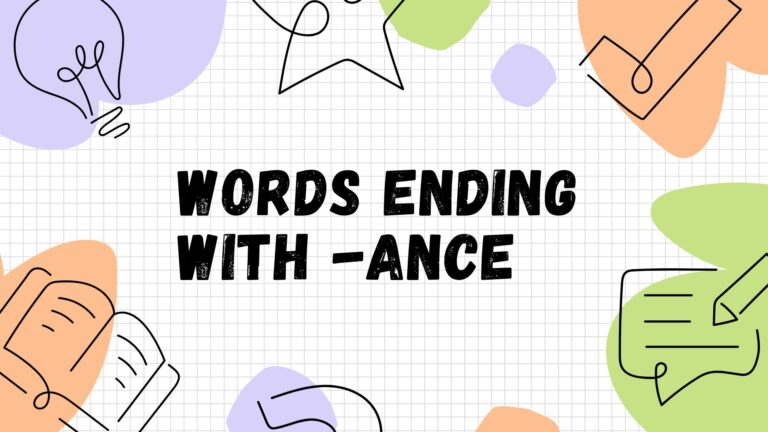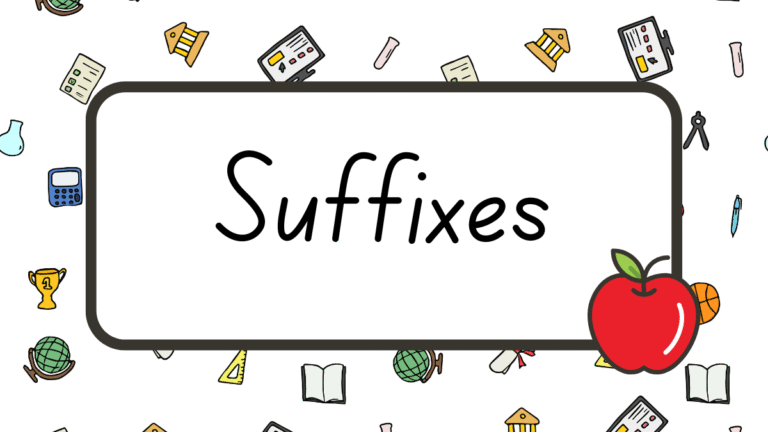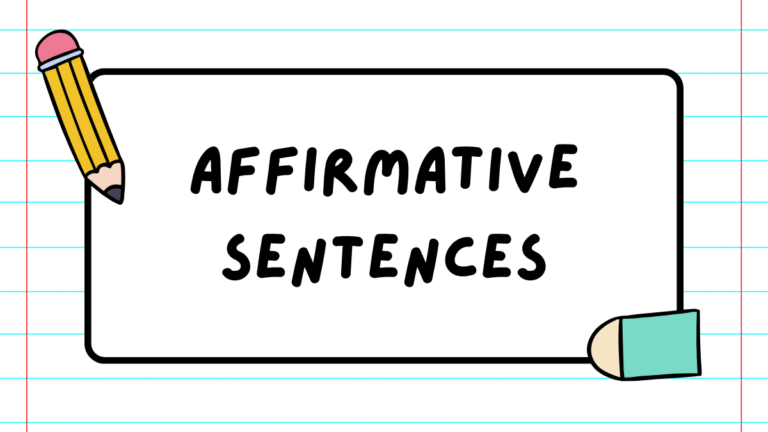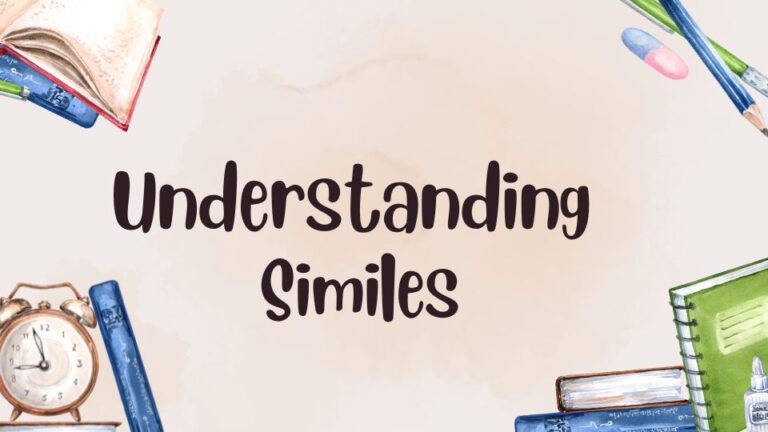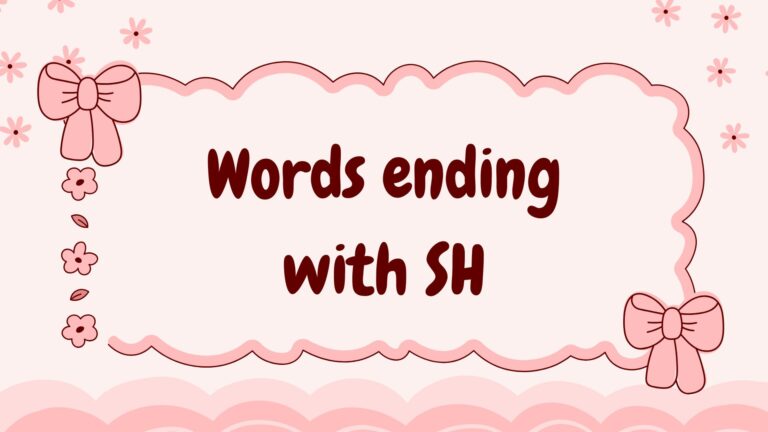150 Words list of Material Nouns
Material nouns help us describe textures and substances. This article offers 150 material nouns to improve vocabulary for writers, students, and language lovers.
Understanding Material Nouns
Material nouns, like “gold” and “water,” represent real substances we talk about. They trigger our senses and emotions; for example, “silk” means luxury, while “stone” stands for strength. This adds depth to our conversations and sparks our imagination.
Material nouns also show cultural values, as different materials hold special meanings in various societies. By exploring material nouns, we gain a better understanding of their physical qualities and symbolic meanings, connecting the real world with our feelings.
Importance of Material Nouns in Language
Material nouns help communication by naming specific substances, making conversations clearer. For example, saying “water” instead of “something to drink” gives a clear meaning. They also show what cultures value, like farming terms in agricultural communities. This adds depth to language.
Knowing material nouns helps people appreciate their cultural identity and shared experiences, turning language into a way to express community.
Examples of Common Material Nouns
Here is a list of 150 examples of common material nouns. Material nouns refer to physical substances or materials from which things are made.
1. Iron
2. Gold
3. Silver
4. Copper
5. Brass
6. Bronze
7. Steel
8. Aluminum
9. Lead
10. Mercury
11. Zinc
12. Platinum
13. Nickel
14. Tin
15. Chromium
16. Uranium
17. Wood
18. Oak
19. Teak
20. Mahogany
21. Bamboo
22. Sand
23. Clay
24. Gravel
25. Stone
26. Marble
27. Granite
28. Cement
29. Concrete
30. Brick
31. Charcoal
32. Coal
33. Petroleum
34. Gasoline
35. Diesel
36. Kerosene
37. Tar
38. Asphalt
39. Wax
40. Glass
41. Mirror
42. Ice
43. Snow
44. Salt
45. Sugar
46. Honey
47. Milk
48. Water
49. Juice
50. Oil
51. Ghee
52. Butter
53. Cheese
54. Cream
55. Vinegar
56. Flour
57. Wheat
58. Rice
59. Barley
60. Corn
61. Oats
62. Lentils
63. Pulses
64. Soya
65. Gram
66. Maize
67. Bread
68. Meat
69. Fish
70. Chicken
71. Beef
72. Pork
73. Lamb
74. Egg
75. Yolk
76. Gelatin
77. Leather
78. Cotton
79. Silk
80. Wool
81. Nylon
82. Polyester
83. Rayon
84. Plastic
85. Rubber
86. Paper
87. Cardboard
88. Ink
89. Dye
90. Paint
91. Glue
92. Cement
93. Plaster
94. Fiber
95. Thread
96. Yarn
97. Fabric
98. Linen
99. Jute
100. Hemp
101. Asphalt
102. Resin
103. Latex
104. Chalk
105. Sulfur
106. Nitrogen
107. Oxygen
108. Hydrogen
109. Carbon
110. Helium
111. Neon
112. Argon
113. Phosphorus
114. Ammonia
115. Urea
116. Nitrate
117. Soap
118. Shampoo
119. Detergent
120. Lotion
121. Perfume
122. Cream
123. Powder
124. Polish
125. Ink
126. Varnish
127. Bleach
128. Disinfectant
129. Alcohol
130. Ether
131. Acid
132. Base
133. Soda
134. Baking soda
135. Lye
136. Vinegar
137. Toothpaste
138. Cement
139. Gypsum
140. Brick
141. Plaster
142. Styrofoam
143. Cellophane
144. Silicone
145. Aluminum foil
146. Tin foil
147. Matches
148. Firewood
149. Cardboard
150. Compost
Categorizing Material Nouns by Type
Material nouns can be grouped by their source, like natural or synthetic. Natural materials, such as wood and metal, connect us to nature and culture. Synthetic materials, like plastics, highlight human creativity and flexibility.
Another way to classify materials is by their uses. Textiles like cotton and silk improve comfort and look nice, while glass and ceramics are useful for everyday tasks. Knowing these categories helps us see how materials affect our lives and society. By exploring these groups, we better understand how materials shape our experiences.
Usage of Material Nouns in Sentences
Here is a list of 50 sentences showing the usage of material nouns. Each sentence includes a material noun.
1. The gold necklace was passed down for generations.
2. She bought a new chair made of wood.
3. Water is essential for all living beings.
4. He accidentally spilled milk on the table.
5. The building is made of brick and concrete.
6. I prefer to write with a pen filled with blue ink.
7. The ring was crafted from pure silver.
8. Iron is stronger than many other metals.
9. We stored the food in plastic containers.
10. The chef cooked the dish in butter and herbs.
11. She wrapped the gift in colorful paper.
12. This blanket is made from soft wool.
13. The artist used paint to create a beautiful landscape.
14. They replaced the old roof with aluminum sheets.
15. Cotton clothes are perfect for summer.
16. He used cement to fix the cracks in the wall.
17. The window panes are made of glass.
18. Leather bags are both durable and stylish.
19. The box was filled with rice and beans.
20. I added a spoonful of sugar to my tea.
21. The candle was made of wax.
22. She mixed flour, eggs, and milk to make the batter.
23. They decorated the room with marble statues.
24. Oil spilled on the kitchen floor.
25. The farmer harvested wheat from the fields.
26. The machine runs on petroleum.
27. We bought a statue made of bronze.
28. Salt is used in almost every dish.
29. The sofa is covered in silk fabric.
30. He poured juice into the glass.
31. The table is carved out of teak wood.
32. The engine parts are made from steel.
33. I found coal near the old railway tracks.
34. She wore a beautiful dress made of rayon.
35. Rubber tires are essential for vehicles.
36. Snow covered the rooftops.
37. He used a cardboard box to store the toys.
38. The blackboard was cleaned with a chalk eraser.
39. The lab was filled with the smell of alcohol.
40. We learned how to separate sand and salt in class.
41. The workers used asphalt to repair the road.
42. The children made sculptures with clay.
43. Honey is a natural sweetener.
44. The pipes were made of copper.
45. The leather jacket kept him warm.
46. She applied lotion to soothe her dry skin.
47. The toy was made of soft foam.
48. The documents were tied with a jute string.
49. Ice cubes clinked in the glass.
50. The scientists examined a sample of mercury.


